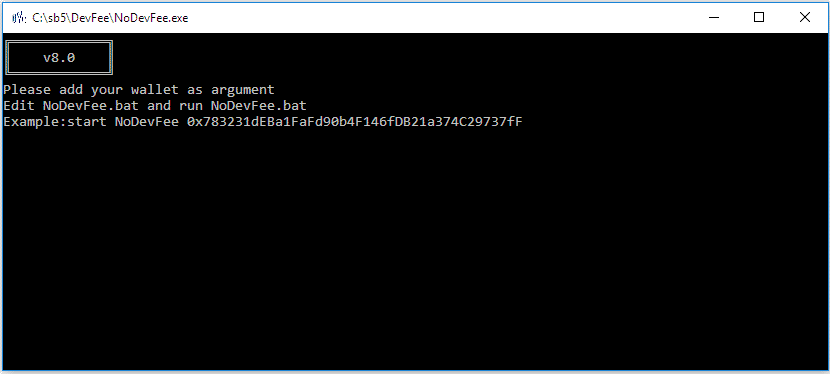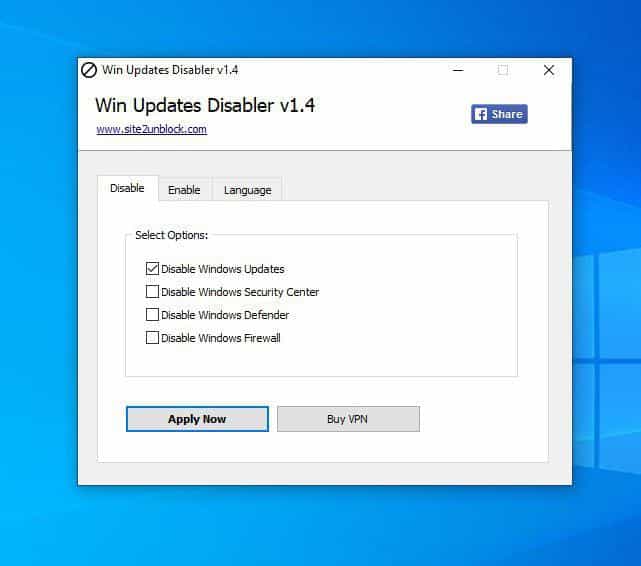Ethereum’s anonymity at stake
One of the most progressive cryptocurrency platforms of our time, Ethereum, is actively developing in various directions. The platform constantly flashes in the news headlines with its own innovations. However, even a promising site, it turns out, has its drawbacks. For example, recent studies have shown that the anonymity of the platform’s internal token, ETH, is much lower than even the first cryptocurrency. This is indeed a serious nuance that should be discussed. This is what we will do. Let’s get started.
Why is crypto anonymity low?
Large cryptocurrencies are constantly tested and verified by third-party developers. Experts analyze the most varied subtleties of the work of known assets in order to make the work of ordinary users better and easier. For example, developer Ferenc Beres recently posted a major work on his Twitter account that highlights the intricacies of ETH translations. According to the studies, the expert can argue that transactions in the Ethereum system are much easier to track than transfers of the first crypt. The fact is that special sites called “mixers” regularly conduct transaction encryption. ETH has never been positioned as an anonymous crypt, so to implement this potential you have to use third-party mixers. These sites mix the addresses of several transfers, which makes finding a specific sender and recipient of funds almost impossible. However, in the case of Ethereum, decoding the participants of the transfers is quite realistic.

Researchers noticed that the ETH system intends to implement some functions that reduce the confidential potential of the digital platform. The problem lies in the use of user accounts. Certain accounts adversely affect anonymity, but allow re-transfers. Such compromises, according to experts, have no place in modern cryptocurrencies.
What else should we know about ETH anonymity?
This is far from all the problems. The Ethereum system operates the so-called ENS subsystem (Ethereum Name Service), which contains wallet addresses. And, having figured out the device of this algorithm, the developers found the connection of ENS with Twitter accounts. That is, if you want, you can find out not only the sender’s account of a certain amount, but also his real name, surname, photos, place of residence and social circle. All that you expose Twitter, can be obtained in the case of hacking Ethereum. Communication takes place via IP addresses and time zones. Moreover, third-party programmers were able to find out what exactly the users of the ETH system spend money on. Statistics show that mainly funds go to gambling and pornographic materials. A similar vulnerability has about 17% of all registered accounts.

What conclusions need to be drawn?
In fact, there is only one conclusion – do not use ETH for translations if you do not want your spending to be made public. Even mixers will not help, because the coin system itself provides for the possibility of third-party interference and such remote monitoring. We strongly recommend using only reliable financial instruments that cannot be cracked or tracked. It is noteworthy that the creators of ETH do not comment on the research of Beres and his team. It is possible that these weaknesses were specifically allowed. But to draw up the correct opinion, you need to wait for official comments from the team of Vitaly Buterin.
Follow all the news of the crypto industry with us. We publish only high-quality and unique material. Good luck!



















